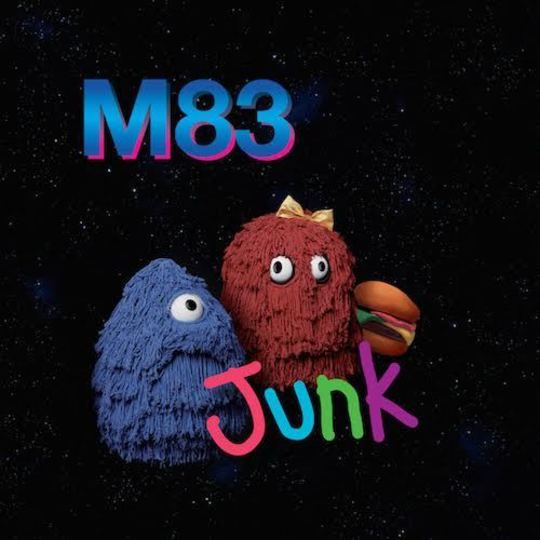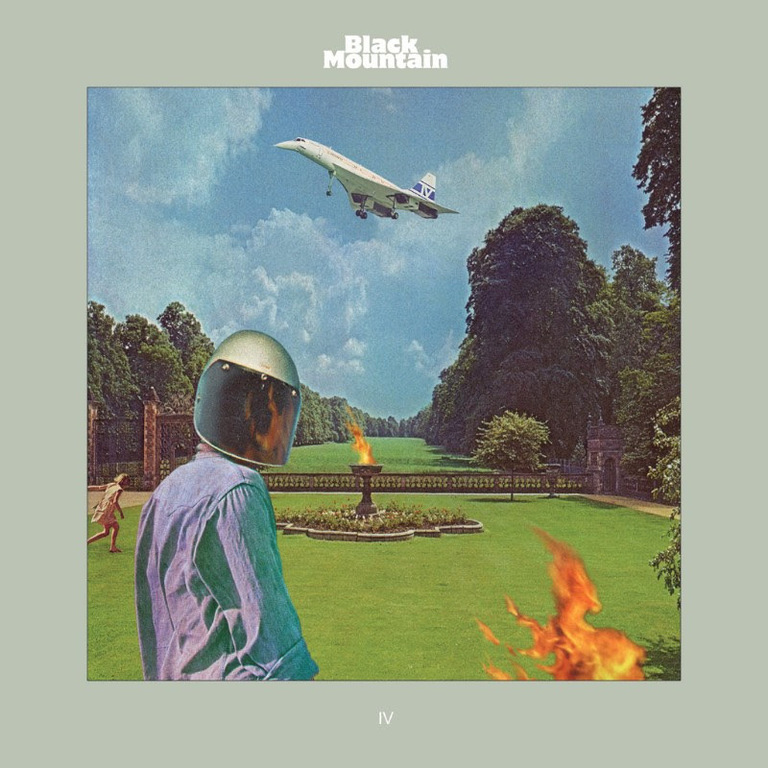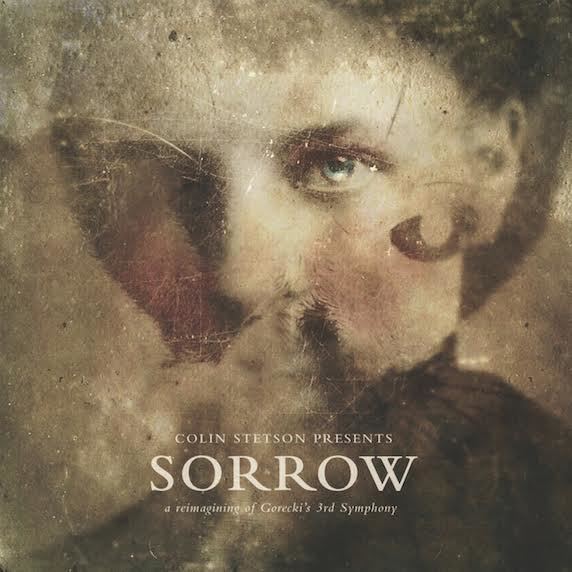You approach Anthony Gonzalez and M83 with certain expectations - ambition, a sense of epic scale, wistful romantic dalliances, ghostly encounters, defiant bombast, unabashed grandeur and an unwavering adoration for youthful reverie.
What you don’t expect is bitter detachment and sweeping statements loaded with dismissive arrogance, yet that’s what we got when Gonzalez spoke to Pitchfork in March. How we consume music nowadays, the quality of what music dominates media and even the most recent Star Wars movie all fell under rueful scrutiny.
'What's played in the mainstream is just awful, it makes me want to puke,' he lamented. 'Whereas what was playing in the Eighties was actually really good, really thought-out music. Now, you're maybe going to hear 50 songs during the day that were made by ten producers using the same sounds.'
It goes on.
'I see what kids are watching nowadays, and it makes me sick. It's all 3D, there's no hand-drawn cartoons anymore. It's always about learning and being happy, but life is not about that. Life is way harder.'
Rather than rage against this apparent dying of the light on his new record, Anthony Gonzalez kind of, sort of, just… doesn’t bother to do much of anything. Again, hardly what one might anticipate. That said, nobody really predicted ‘Midnight City’, its zeitgeist-capturing saxophone flourish and the track’s subsequent worldwide ubiquity, either. Nor did anyone call Gonzalez emerging from Hollywood shadows with ‘Do It, Try It’, a seemingly hurled-together hodgepodge of vaudeville, 16-bit console aesthetic and, but of course, neon-soaked nostalgic yearning. Okay, I guess we all saw that last part coming.
So perhaps nothing makes sense and that’s precisely the way it’s supposed to be. How best to try and make sense of Junk, the seventh studio effort under the M83 banner and by some distance the most disappointing one, too? According to Gonzalez, it is a 'statement' that reflects the modern attitude towards music; how people disregard album narrative in favour of picking and choosing select cuts. Fair enough, we live in a playlist-dominated culture these days, but this is nonetheless a somewhat depressing realisation coming as it does from someone who has previously released considered tone poems like Dead Seas, Red Cities & Lost Ghosts and Saturdays = Youth alongside grand undertakings such as Hurry Up, We’re Dreaming.The last one in particular is a challenging and dense endeavour that may not work for everyone but there’s a carefully-constructed beginning, middle and end deserving of real admiration.
Junk barely even has that basic structure. Gonzalez’s admission that it’s probably his most personal record yet is either expert trolling or deeply alarming. ‘Do It, Try It’ serves as a decent microcosm for the overall journey; scattershot, questionable, overstuffed, undercooked and, ultimately, fine. Only, M83 should never be merely ‘fine’. Sky-scraping standards are long established. Though Gonzalez is wise not to try for ‘Midnight City II’ – and it’s hard not to take the lead single deployment of ‘Do It, Try It’ as a very deliberate riposte to the monster success of its precursor - just about everything here feels like the appalling album art should have been a giant ¯_(ツ)_/¯ instead.
Following the tone, ‘Go!’ is a slight but fun enough number that boasts an energetic turn from French vocalist Mai Lin (who contributes to four tracks in total) and a pinch harmonic-laden, your-mileage-may-vary guitar solo courtesy of Steve Vai. ‘Walkway Blues’, meanwhile, ticks the requisite ‘Eighties in space’ boxes but never fully punches through. The likes of ‘For the Kids’ and ‘Solitude’ fare better, both capable of peppering the opening credits of a Roger Moore-era Bond film. Susanne Sundfør is a game presence on the former, though she has little to work with and things only really get going when co-producer Justin Meldal-Johnsen’s daughter returns five years on from ‘Raconte-Moi Une Historie’, marking ‘For The Kids’ as a spiritual sequel of sorts.
Her spectral spoken word cameo also offers some connection to the M83 of the past. It would be convenient to label the departure of Nicolas Fromageau as the catalyst for Gonzalez leaning so heavily, so resolutely into the idyllic past and the gradual erosion of more opaque material in favour of spectacular-though-surface pop. To do so, however, would be to ignore the pitch perfect triumph of Before the Dawn Heals Us and rich emotive moments like ‘Wait’ and ‘Splendor’. It isn’t that Gonzalez cannot tap into this aspect of his character, it’s that he may no longer care for it.
That’s a troubling thought, especially when you take tracks like ‘Laser Gun’ and ‘Road Blaster’ into consideration. Solid pop exercises, no doubt, but so much more surface than spectacular. At least they’re distinctive. The final third of Junk is a near-formless chore, and by the time Beck shows up to sleepwalk his way through ‘Time Wind’, you’d be forgiven for barely noticing him.
In reassessing the first three M83 records a little over 18 months ago, this writer concluded with the admittedly fanciful notion thought that M83 wasn’t just for one person, that it had grown to become an expansive living, breathing thing for everyone, a romantic idea that blossomed in a manner befitting the majesty of its environment. Junk is purely for Anthony Gonzalez. In that regard, it is indeed his most personal work. It is indeed a statement, though a cheap and hollow one, worthy of its title. Frankly, you expect better.
-
4Dave Hanratty's Score






















